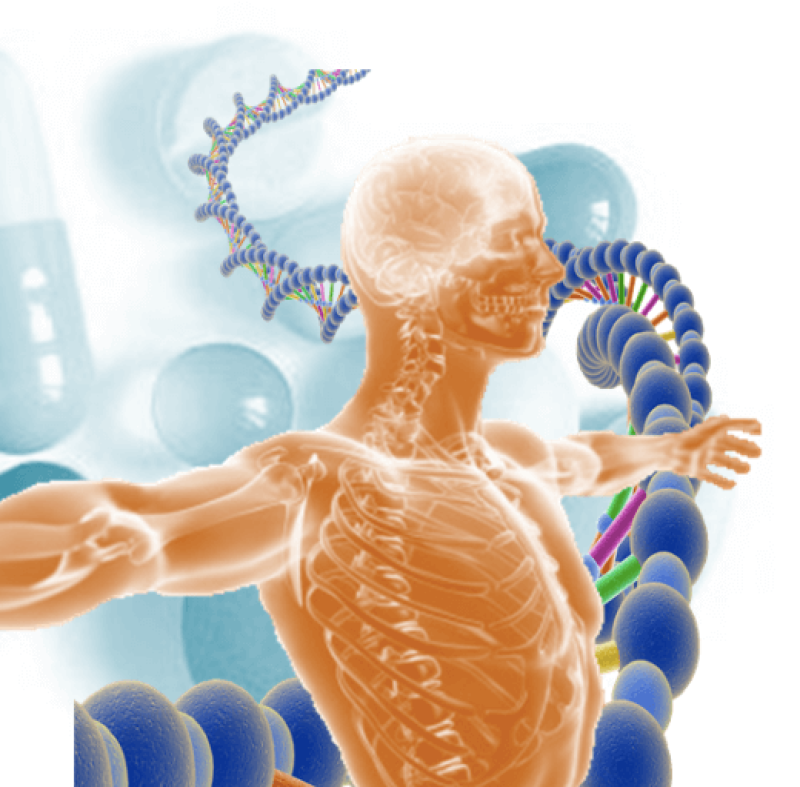When President Barack Obama presented his “Precision Medicine Initiative” during this year’s State of the Union, he publicized a scientific effort that had been going on for at least a decade. The idea of “precision” or “personalized” medicine had arisen from the Human Genome Project. It promised to deliver precise treatments, based on each person’s DNA and tailored to each individual, with fewer side effects, and perhaps most important, fewer cases where the treatments didn’t work.
But some public health specialists in particular saw a less shiny side of this “new” coin. Columbia University’s Ronald Bayer and Boston University’s Sandro Galea warned in the New England Journal of Medicine that precision medicine initiatives by any name aren’t giving enough, if any, attention to population-wide health issues. This shifting of resources to personalized, genomic-based treatments, they said, is a problem:
If one is concerned about why the United States has sunk to the bottom of the list of comparable countries in terms of disease experience and life expectancy, or if one is troubled by the steep social gradient that characterizes who becomes sick and who dies. The burgeoning precision-medicine agenda is largely silent on these issues, focusing instead on detecting and curing disease at the individual level.
Where then, should our healthcare resources go?
How badly does the US rank in health?
Pretty badly, actually. The US Institute of Medicine in 2013 issued a report that compared American health with 16 other developed countries, including western Europe, Canada, Australia and Japan. For life expectancy among males, the US ranked last among all the countries compared (women were 16th of the 17). The US also ranked worse in infant mortality, injuries and homicides, obesity and diabetes, heart disease, sexually transmitted diseases (including AIDS), chronic lung disease and drug-related deaths. The country did better in cancer death rates and controlling hypertension and cholesterol levels. The only age group that overall fared better were those over 75.
The reasons for this are complicated. They included access to health services, having insurance, bad diets, access to illegal drugs and firearms, and cultural stratification that creates a strongly divided “have” and “have not” social structure.
Even in Great Britain, which has universal healthcare under the National Health Service, health and social disparities seem to go hand in hand. An ongoing study on population health showed that lower income groups were less healthy than more affluent ones, regardless of access to services. In fact, each increase in income corresponded with an improvement in overall health status. This implied, then, that the biomarkers and tailored treatments promised through precision medicine may not make a dent on widespread health disparities.
Can knowing our genes save us from disease?
Some biologists say no. Very few diseases are entirely genetic, and current genetic biomarkers show a slight increased risk of a disease, as opposed to pointing a way to a cure for some of our most common plagues, ranging from malaria, dysentery, heart disease, or a wide variety of cancers, said John Coote of the University of Birmingham and Michael Joyner of the Mayo Clinic in an article in Lancet:
An ideal genetic test for clinical purposes would have 100% sensitivity and specificity and identify a genetic disorder that is highly penetrable. Additionally, the test would need to be clinically actionable and provide information that could not otherwise be obtained in normal clinical practice. Unfortunately, few genetic markers have these characteristics.
How public health or precision medicine can help
Ronald Bayer and other public health specialists have written that tailoring treatments to individuals based on genetic profiles won’t help reduce healthcare and social disparities. Co-author Sandro Galea told a blog site that healthcare efforts need to expand from a few, possibly affluent individuals to less sexy but effective measures, including:
- Macroeconomic taxation on unhealthy substances such as alcohol
- Early childhood education on nutrition, and healthy behavior
- Efforts to increase and improve vaccination rates
- Programs that mitigate violence
But other experts beg to differ on the value of precision medicine in public health. The value may not arise from a laboratory or a next-generation sequencer, but from a computer. A really large computer.
Muin Khoury, Director of the CDC’s Office of Public Health Genomics wrote earlier this year that large databases could house the information necessary to direct specific treatments to individuals in a population.
It is important to learn what works and what does not for one person, but it is impossible to infer causality by working with one person at a time. To be informative, data on an individual need to be compared with data from large numbers of people to recognize important individual characteristics and to identify relevant population subgroups.
Precision medicine meeting public health also is giving rise to a hybrid discipline, “precision prevention,” in which certain genetic propensities for cancer, or matching variations in nicotine metabolism to addiction to smoking, can be measured in individuals. Then, public health specialists and doctors alike can find ways to keep these diseases from occurring, or becoming worse.
Khoury concluded:
Society has a stake in assuring that the national investment in precision medicine research leads to tangible health benefits for all and does not worsen existing health disparities. This is where strong public health-healthcare partnerships are key.
Andrew Porterfield is a writer, editor and communications consultant for academic institutions, companies and non-profits in the life sciences. He is based in Camarillo, California. Follow @AMPorterfield on Twitter.































